Promoting Disability Equality in Film
Did you know that 61 million adults in the United States live with a disability? Be it vision impairment, deaf or hard of hearing, autism spectrum disorder, physical disability, or one of the other many classified disabilities, 26 percent of adults in the United States have some type of disability. But you wouldn’t know that from the vast majority of people portrayed in popular media. Stories with diverse narratives that include people with disabilities need to be represented in Hollywood.
As a film school, we encourage film students to write and create stories that galvanize their audiences and create opportunities for greater equality in the film and entertainment industry. Film students and filmmakers today can help change the popular misconceptions of people with disabilities by creating more films about the lives of marginalized people. Harmful stereotypes about the disabled have been perpetuated throughout media for years. In order to start sharing more accurate portrayals of what it’s like to live with a disability, equal representation in film is vital.
7 Films Featuring People with Disabilities
Crip Camp: A Disability Revolution
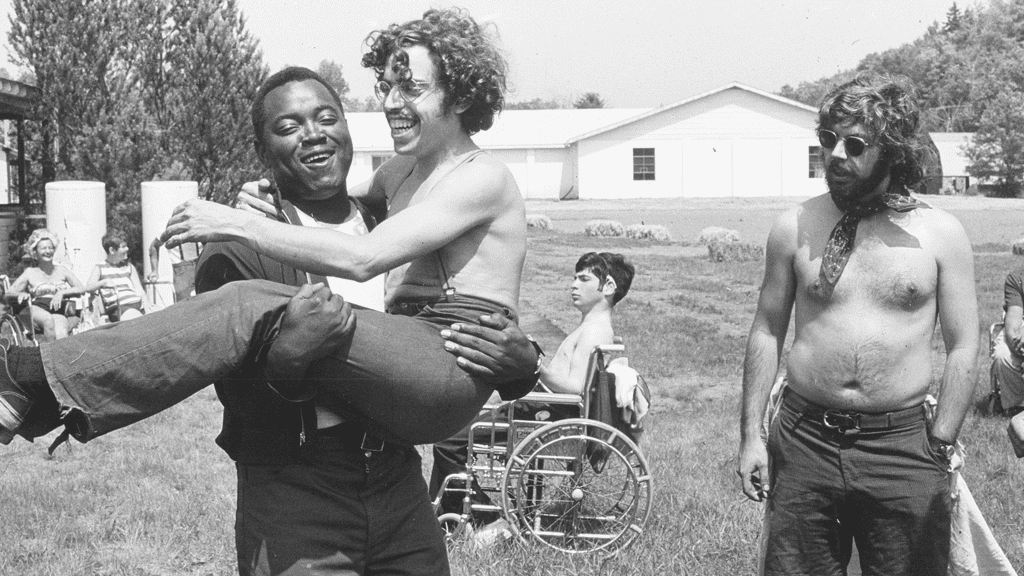
Crip Camp is a Netflix documentary about the widely unknown history of disabled activism in the United States. Throughout the history of entertainment, marginalized people have had to fight to get their stories told. Crip Camp is the story of how people with disabilities did fight back and demand to have space made for them in the world. Against all odds, the people featured in this film affected so much change that we take for granted today. And yet there is still so much more work to do for people with disabilities.
Sound of Metal
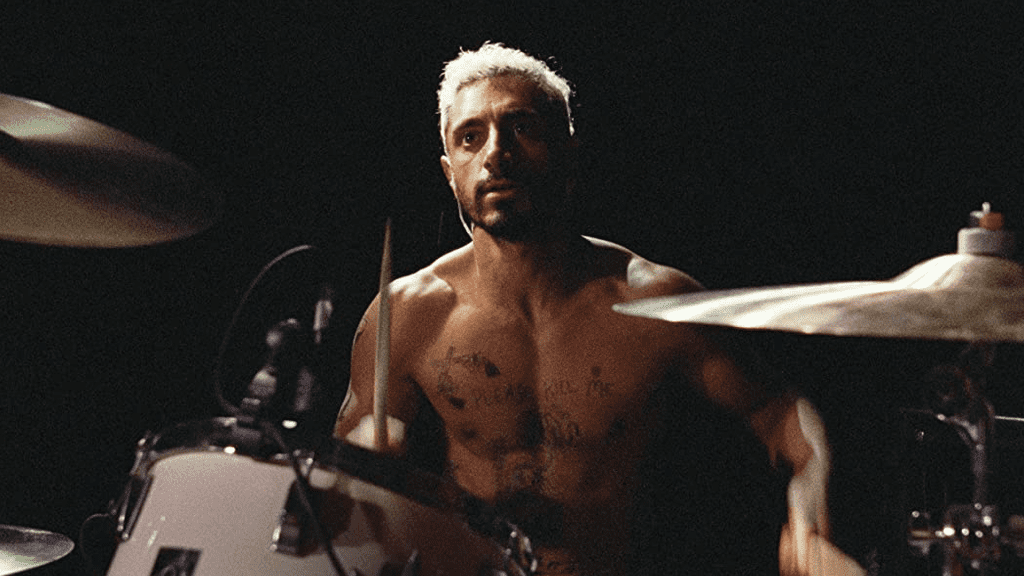
Riz Ahmed plays a drummer who struggles with the gradual loss of his hearing. Embracing the limitations of hearing loss the movie uses sound (and the lack thereof) to convey the frustration of not understanding and not being understood. It captures the disorienting feeling so well it’s no wonder the movie won an Academy Award for Best Sound (shout out to our Oscar-winning alum Phillip Bladh who helped make it happen). Beyond the sound production, Sound of Metal takes great care as it highlights the struggles of not just hearing loss but navigating the health care system while experiencing poverty and addiction issues. The film is a heartbreaking portrait of one man’s journey with hearing loss.
Creed
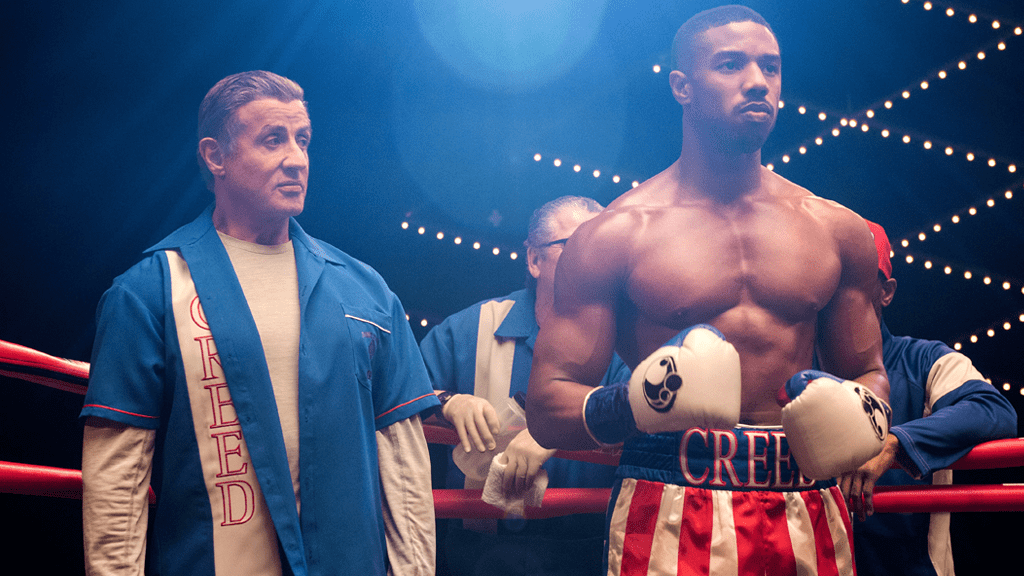
Tessa Thompson plays the character, Bianca, the girlfriend of Adonis Creed and a singer-songwriter with a degenerative hearing disorder that will cause her hearing to deteriorate over time. Tessa Thompson plays the fictional Philly native with a grit that is both dignified and delicate. Her lack of hearing is mentioned but it’s not the central focus with her character. That’s notable because the film industry tends to diminish disabled people to what they can and can’t do. Creed manages to avoid that pitfall. Since the story is told from Adonis Creed’s perspective, we don’t get to see much of Bianca’s interior life which is unfortunate. But it’s important to see a woman with a disability get treated like any other romantic lead and able to fall in love just like anyone else in movies.
Theory of Everything
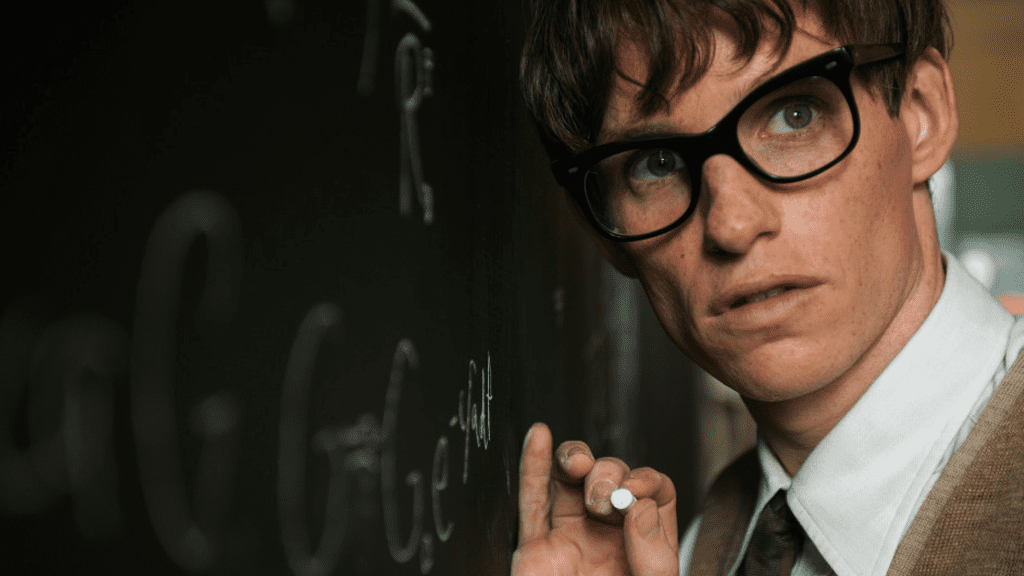
In this biopic, Eddie Redmayne is cast as Stephen Hawking the world-renowned physicist. Famous for his work as well as for his diagnosis of a rare early-onset, slow-progressing form of motor neuron disease, Stephen Hawking became one of the most visible people with a disability in his lifetime. The Theory of Everything touches on his entire life. And while it delves into the science and Hawking’s illness, it also dives into his personal relationships. People with disabilities aren’t often afforded the opportunity to have their love stories told in movies. This film is a traditional biography that breathes life into a figure most people knew very little about.
Mad Max: Fury Road
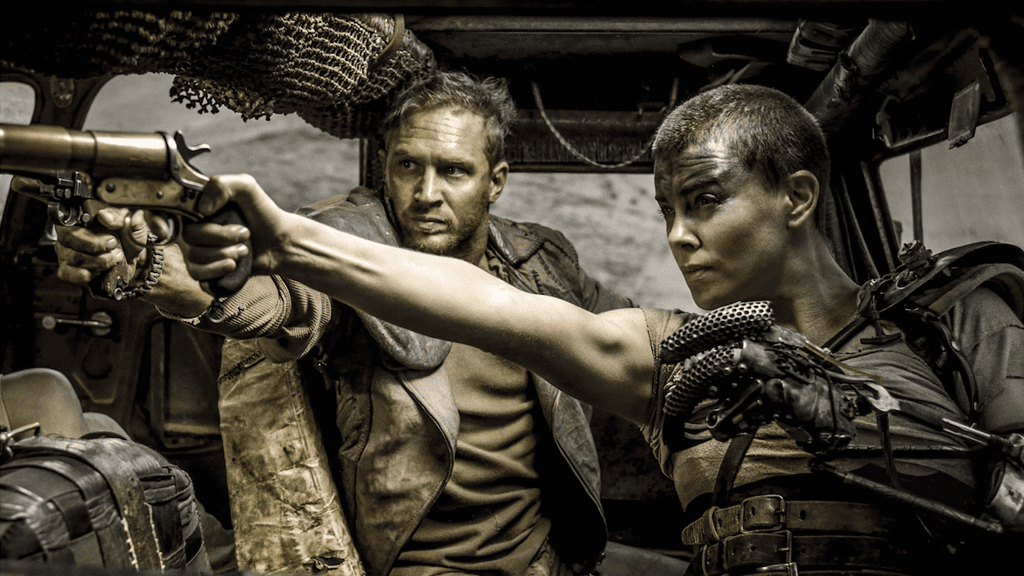
In the latest installment of the post-apocalyptic Mad Max franchise, Charlize Theron plays an unstoppable badass road warrior with a prosthetic mechanical arm. Imperator Furiosa (Charlize Theron) is an amputee and a hero on a mission to save lives. As the star of the movie, Furiosa drives the entire film (literally) and at no point is her prosthetic arm a hindrance to her goal. In fact, her prosthetic arm takes a backseat to her mission as a road warrior. The screenwriters keenly focused the narrative elsewhere. Mad Max: Fury Road tells the story of a warrior who happens to be an amputee.
The Peanut Butter Falcon
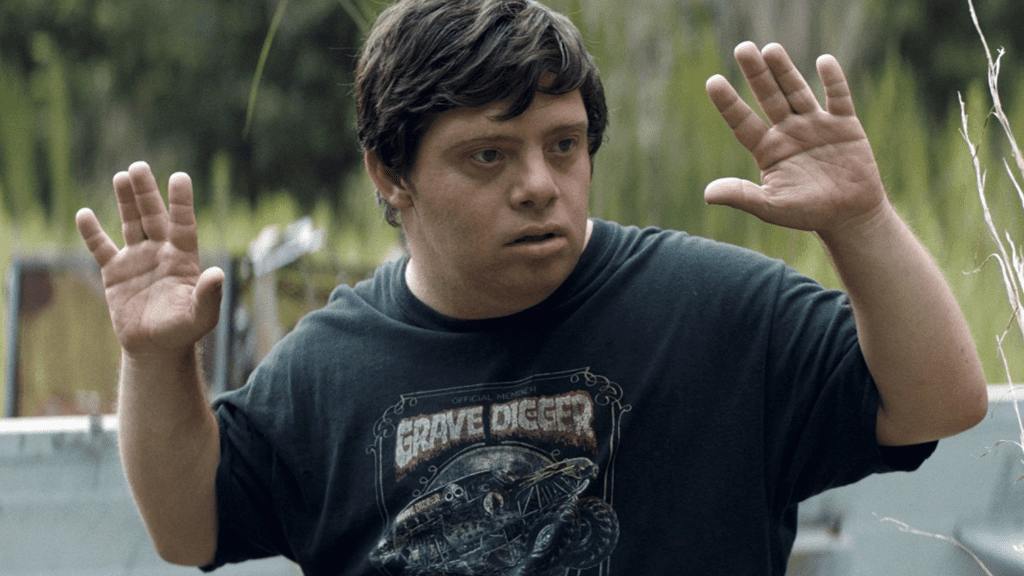
In a breakout role, Zack Gottsagen stars as Zack in The Peanut Butter Falcon, a coming-of-age adventure story set in the rural waterways of the American South. Zack, an actor with Down Syndrome, works alongside A-list actors Shia LeBeouf and Dakota Johnson. The heartwarming adventure tale is especially powerful for authentically casting an actor with Down Syndrome. Zack’s character is funny, full of jokes and shows a tender side of male friendship between his character and Shia LeBeouf. Fortunately, those jokes don’t happen at the expense of people with disabilities, instead, everyone is allowed to have a good time.
My Dinner with Hervé
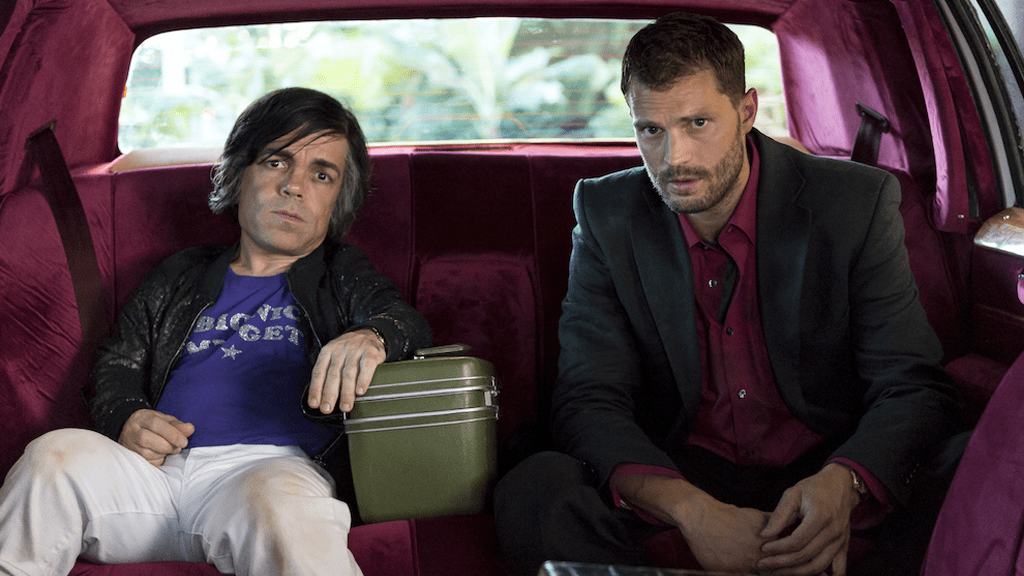
Peter Dinklage stars as Hervé Villechaize in the biopic, My Dinner with Hervé. Hervé Villechaize was a French actor and artist known for his dwarfism and his roles in James Bond; The Man with the Golden Gun and Fantasy Island (The Plane! The Plane!). In 2018, Peter Dinklage used the considerable star power he earned from his role in Game of Thrones to get this passion project off the ground. As an actor with Dwarfism, Dinklage’s career in some respects mirrored that of Villechaize, specifically having a hard time finding work without being typecast. My Dinner with Hervé shines a light on what actors with disabilities go through to get roles, and in doing so, it brings attention to how we treat actors with disabilities in the present.
